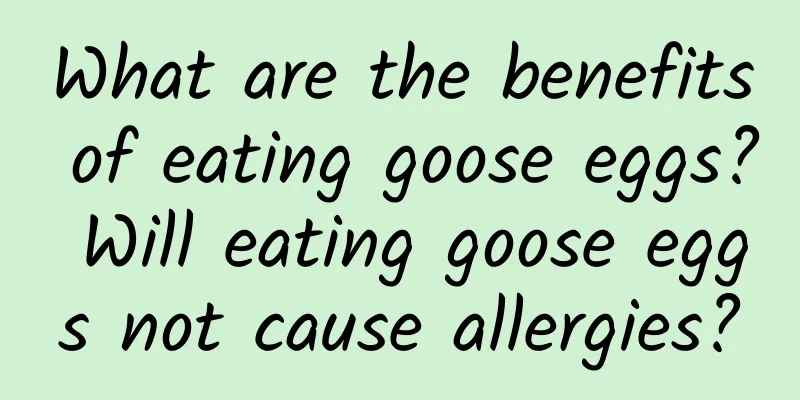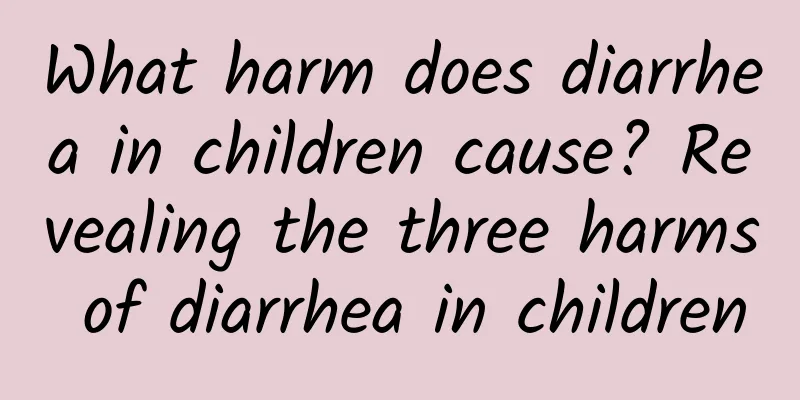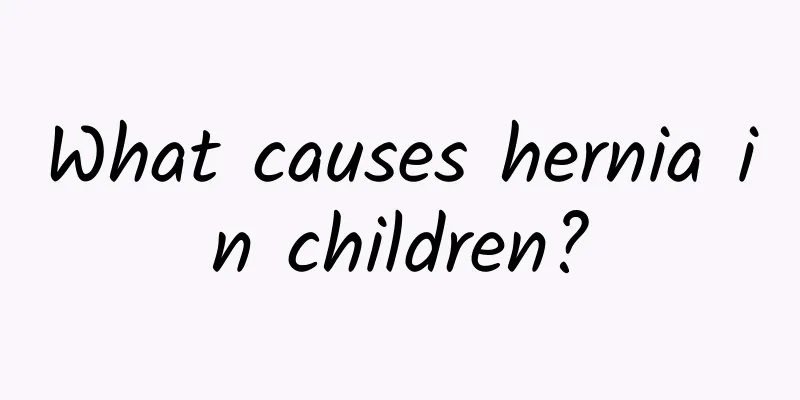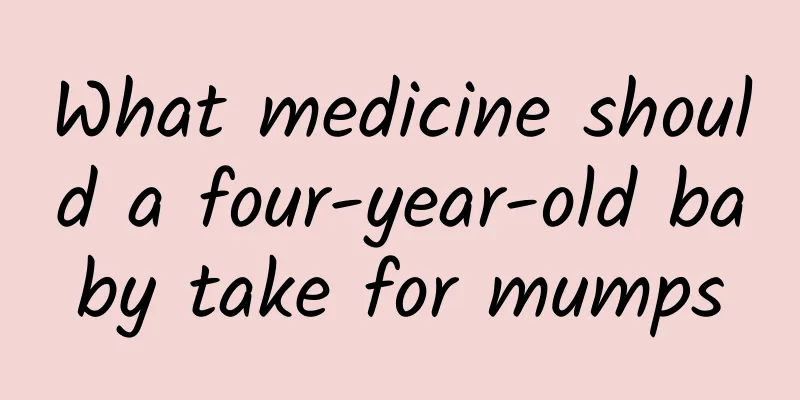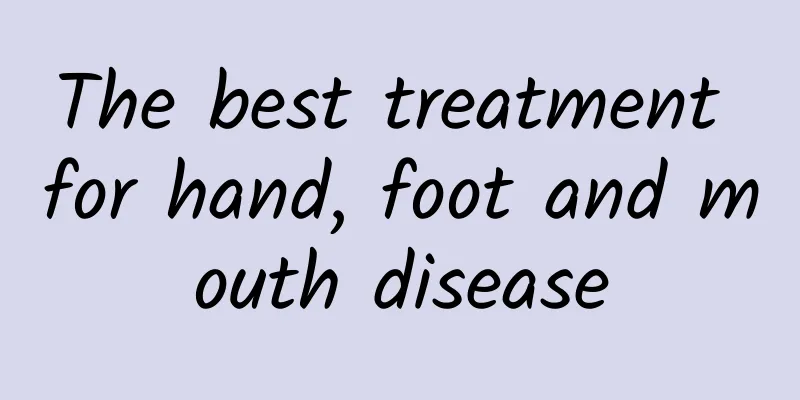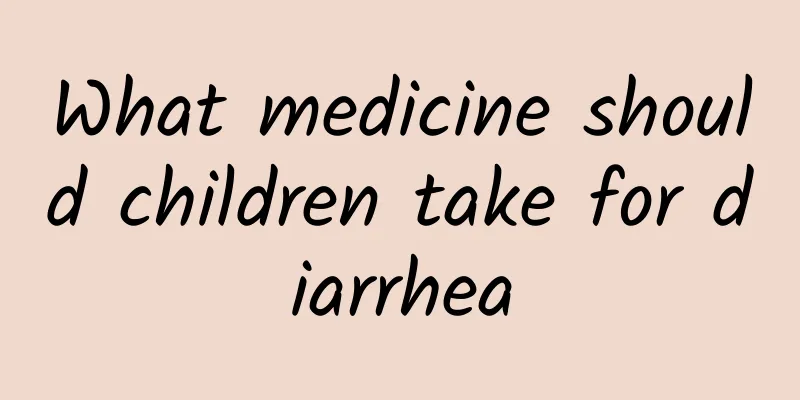Specific methods for identifying ADHD in children
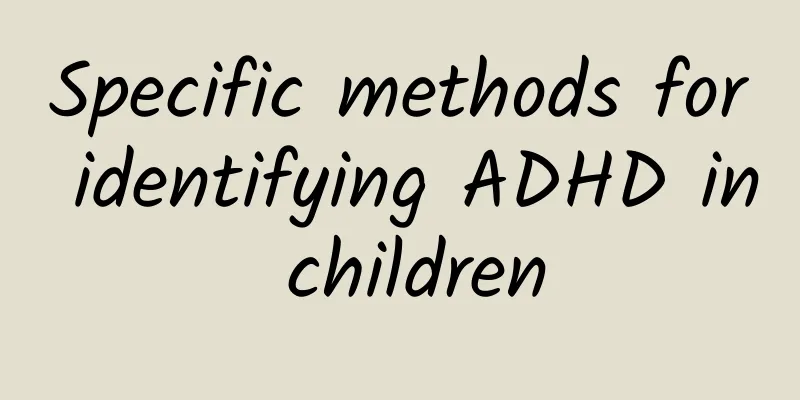
|
ADHD is a common behavioral problem in childhood. Children are most likely to suffer from ADHD to varying degrees. The disease has two main symptoms, namely attention disorder and hyperactivity, which may be accompanied by behavioral impulsivity and learning difficulties. It usually starts before the age of 6, with obvious symptoms in school age and gradually improving with age. Some cases can continue into adulthood. So, what symptoms do children with ADHD often show? Attention deficit disorder (ADHD) Attention disorder is one of the most important manifestations of this disease. The active attention of the child is reduced, while the passive attention is enhanced, which is manifested as inattention, inability to concentrate in class, and easy to be distracted by the interference of the environment. The object of attention frequently shifts from one activity to another. When doing homework, they cannot concentrate, do it halfway, and are careless and sloppy. They start but never finish things, often give up halfway or switch frequently. They procrastinate in doing homework, constantly interrupting it with reasons such as drinking water, eating, and urinating, and the time spent on homework is significantly extended. Some children stare at one place, lose their concentration, and are in a daze. They look at the teacher, but they don’t know what they are thinking about. When the teacher asks questions, they often don’t know the content of the questions. Attention disorder is an essential symptom of this disease. Hyperactivity Hyperactivity is another common symptom. It is manifested by a significant increase in activity, excessive restlessness, running back and forth or making small movements. The child cannot sit still in the classroom, often twisting in the seat, or standing up. In severe cases, the child leaves the seat and walks around, or leaves the classroom without permission. The child talks a lot, is noisy, interrupts, stirs up trouble, affects classroom discipline, and attracts other people's attention. The child likes to watch and play dangerous games and often loses things. There are two types of hyperactivity: one is persistent hyperactivity. The child's hyperactive behavior is seen in any occasion, such as school and home, and is often more severe. The second is situational hyperactivity. The hyperactive behavior only appears in certain occasions (mostly in school) but not in other occasions (home), and the impairment of various functions is relatively mild. Impulsiveness Emotionally unstable, easily irritable, impulsive, willful, and poor self-control. Overexcited by external stimuli and easily frustrated. Act without considering the consequences, engage in dangerous or destructive behavior, and do not learn lessons afterwards. Learning difficulties The main manifestation is poor academic performance. The intelligence of children with ADHD is normal or basically normal, and the cause of learning difficulties is related to inattention and hyperactivity. The time when learning difficulties appear depends on the intelligence level and the severity of ADHD. Children with severe ADHD with medium and low intelligence levels may have learning difficulties in the early school age. Those with higher intelligence levels and milder hyperactivity symptoms may have learning difficulties in junior high school. Neurodevelopmental disorders About half of the children have soft signs of the neurological system, which are manifested as clumsy rapid alternating movements, uncoordinated ataxia, inability to walk in a straight line, difficulty standing with eyes closed, positive finger-to-nose test, and inflexible fine motor skills. Some children may have visual-motor disorders and spatial position sense disorders. |
<<: Diagnostic criteria for ADHD in children
>>: 5 Auxiliary Examinations for ADHD
Recommend
What medicine can children take for cough
What is gray matter? Children with cough can take...
How to treat breast milk diarrhea
How to treat breast milk diarrhea? The treatment ...
What causes neonatal jaundice? 5 causes of neonatal jaundice
Neonatal jaundice is very common in daily life, a...
How much does it cost to treat neonatal jaundice?
How much does it cost to treat neonatal jaundice?...
What foods are suitable for babies with indigestion symptoms?
Many mothers think that their babies don't wa...
How to treat patent ductus arteriosus reasonably
How to reasonably treat patent ductus arteriosus?...
What should I pay attention to when I have kidney disease in children?
What precautions should be taken for children wit...
What causes Kawasaki disease in children?
Kawasaki disease in children is mainly caused by ...
What medicine can children take for diarrhea?
It is autumn now and the weather is getting colde...
What measures can be taken to prevent acute non-icteric hepatitis B?
What measures can be taken to prevent acute anict...
What are the preventive measures for hand, foot and mouth disease? What are the causes of hand, foot and mouth disease?
Hand, foot and mouth disease is related to season...
What medicine is good for children's cough? What are the methods of using medicine for children's cough?
Long-term severe coughing often causes a lot of d...
How to treat a baby's cough with phlegm How to treat a baby's cough with phlegm
Taking care of children is an important task for ...
Why are my hands weak?
Weak hands may be a minor annoyance that many peo...
What are the methods to cure breast milk diarrhea?
What are the methods to cure breast milk diarrhea...

